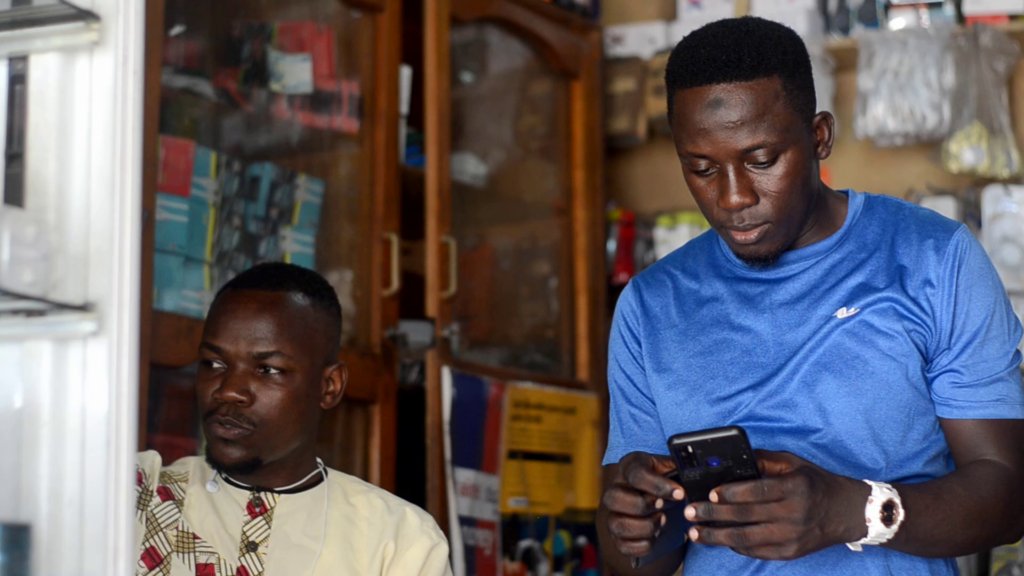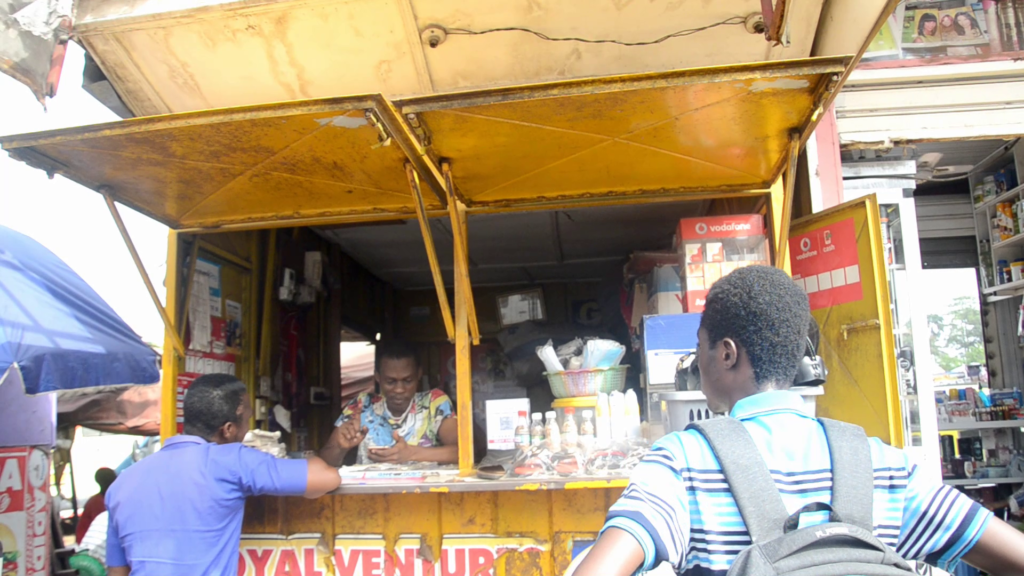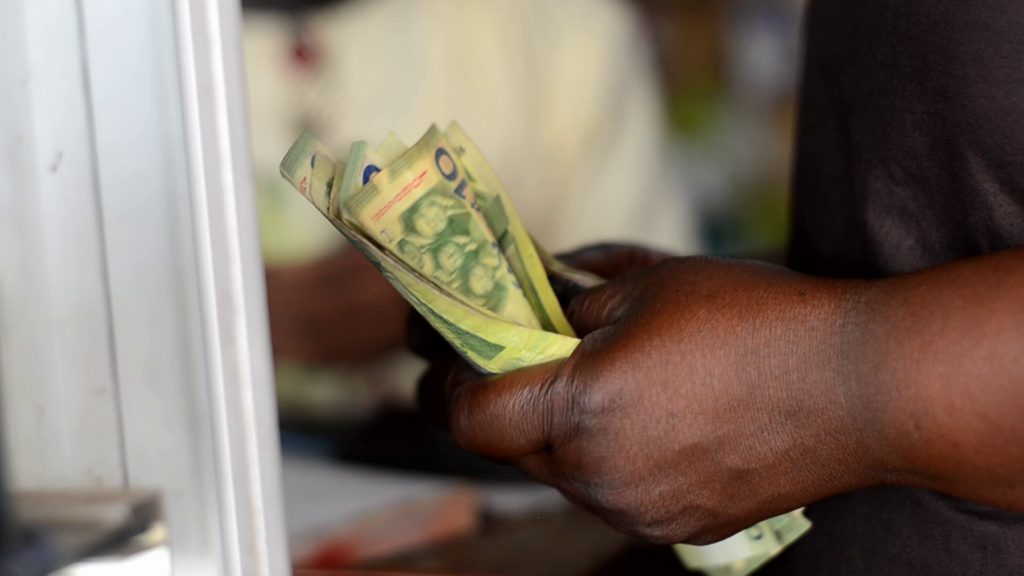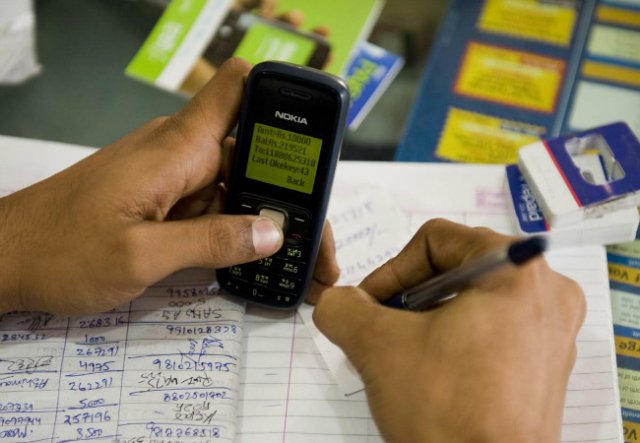A section of Ghanaians worried about the implementation of the electronic transaction levy, are using unconventional means to remit money.
Some plan switching to the traditional cash in pocket and purse for transactions.
Mobile money vendors, who are the worst hit, believe the drop in transactions can be attributed to low public education on the e-levy.

Twenty-nine-year-old, Osman Yakubu Iddrisu is at a mobile money vending shop at Top High in Kumasi.
He claims this is his last electronic withdrawal for the year.
Before the introduction of the e-levy, Osman Yakubu Iddrisu sent money electronically to relatives in Accra. But he is making attempts to avoid e-levy charges on his transactions.
“Before making transactions, I will compare the charges. If it is not favourable, I will resort to cash. I can choose to wrap the money in a piece of cloth and send it to the VIP station.
“I can allow cash out on my phone wherever I am. The receiver only needs to be close to a merchant to withdraw the money,” he explained.
Osman is aware the safety of his cash may not be assured till it reaches the recipient. It is a risky venture, yet, he is never perturbed.

Uncle Gilbert is in the same boat as Osman. For two (2) days now, he has switched to using cash in all his transactions.
Uncle Gilbert wraps his money in a piece of cloth to send to his mother in the Volta Region.
“I send money to my relatives in Aflao often. I do not send the money electronically. I will package it in an envelope and stash it inside a piece of cloth. I only need to call and alert them that there’s money inside. I am prepared to take that risk,” he said.
The refusal to undertake e-transactions stems from doubts that revenue generated from the electronic transaction levy would be used judiciously.
But others see no harm in payment. Financial experts predict a further decline in electronic money transactions.

Mobile money vendor, Samuel Prah, says the panic withdrawals have adversely impacted his business.
“Last 2 months and a few weeks ago, people were trooping here to withdraw money. I planned on quitting the mobile money business,” he said.
To win back his customers, Samuel takes his time to explain the processes and deductions on transactions. This is yielding positive results.
“People were afraid to keep monies on their phones. Whenever they come here to withdraw, I take my time to explain the transaction processes to them. Gradually, I have been able to convince quite a number of people to stop the panic withdrawal.
“I think public education on the E-levy is little. A lot of people don’t seem to understand. It will be best if the government beefs up their communication and public education,” he advised.

The Ashanti Area Director of the Ghana Revenue Authority, Mrs Agnes Akosua Adu Boateng wants intensified public education on the implementation of the e-Levy to halt the panic withdrawals.
“It is important to note that mobile money deposit, withdrawals, cash out, savings on MoMo will not attract e-levy,” she assured.


